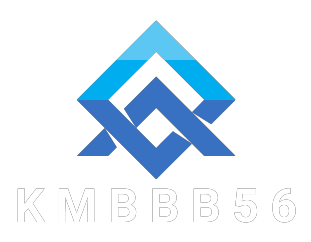Setting industry standards in real estate isn’t just about doing business well—it’s about leading with vision, innovation, and integrity that others naturally follow. In a fast-moving and competitive market, the professionals who establish the norms that others adopt are the ones who elevate the industry and gain long-term credibility Mark Litwin. Here’s how to step into that role and set the bar for others to follow.
Lead with Expertise and Ongoing Education
To set industry standards, you must first embody deep knowledge of your field. This includes not only understanding market trends, financing, contracts, and local laws but also continuously educating yourself on emerging technologies, sustainability practices, and customer behavior. Leaders never stop learning. They attend conferences, pursue certifications, and share insights generously with their peers.
Create Repeatable Systems That Deliver Results
Standard-setting leaders develop systems and workflows that ensure consistency, quality, and scalability. Whether it’s how you manage listings, market properties, or negotiate deals, build proven processes that others in the industry can model. Documentation, checklists, and automation tools help solidify your approach into something reliable—and worth emulating.
Set High Ethical and Professional Benchmarks
Ethics are non-negotiable for real estate leaders. How you handle confidential information, represent clients, manage disputes, and comply with regulations speaks volumes. By operating with transparency, fairness, and accountability, you naturally influence others to hold themselves to a higher standard. Integrity becomes your brand, and that reputation sets the tone for those around you.
Innovate Before the Market Demands It
True leaders aren’t reactive—they’re proactive. They embrace new technology like virtual tours, AI-assisted property matching, or CRM systems before they become widespread. They use data to anticipate shifts in the market and adapt quickly. By being an early adopter and implementing modern tools effectively, you position yourself as a pioneer others will look to for direction.
Empower and Mentor Others in the Industry
Leadership is not just about personal success. It’s about bringing others along. Offering mentorship, speaking at industry events, or contributing to professional development programs helps you shape the next generation of agents and brokers. When you coach others to operate at a higher level, your influence naturally raises the bar for the industry.
Consistently Exceed Client Expectations
The client experience is often where real estate professionals either stand out or fade into the background. Leaders in the field set client service benchmarks by being highly responsive, offering personalized solutions, and maintaining strong post-transaction relationships. The way you treat your clients influences how your competitors and colleagues view professionalism and customer care.
Document and Share Your Standards
One of the most effective ways to influence an industry is to clearly define what you do and why it works—and then share it. Write articles, record videos, or speak on panels. When your voice becomes part of the conversation around best practices, your methods can evolve into recognized standards.
Conclusion
Setting industry standards as a real estate leader means being more than successful—it means being intentional, innovative, and generous with your knowledge. When you lead with purpose, others will follow. And over time, your influence helps shape not just your business but the very future of the real estate profession.
